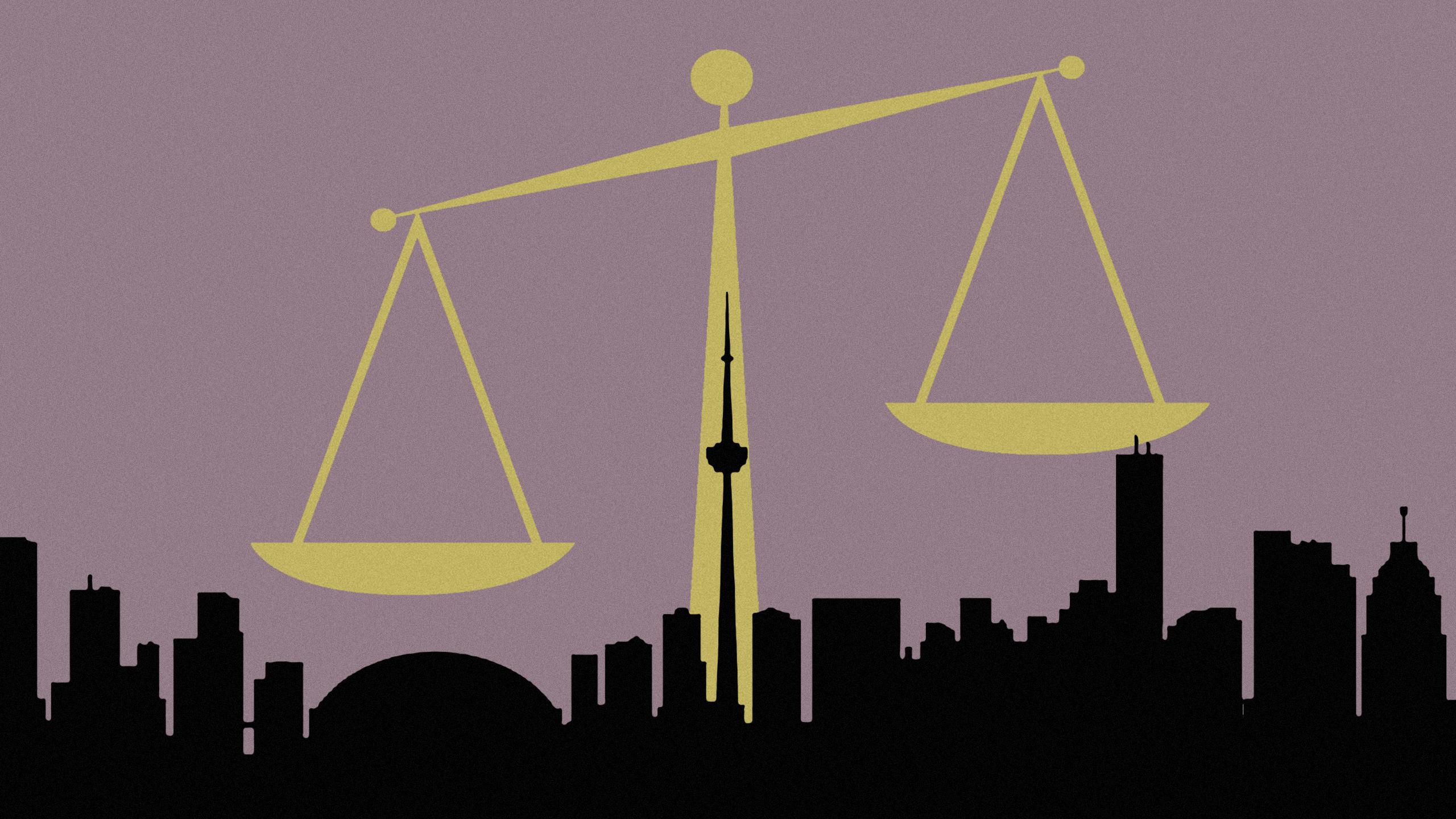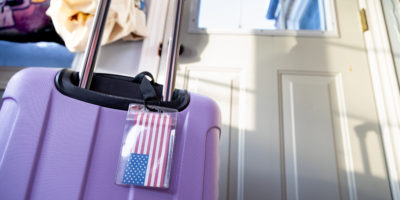By Mariam Nouser
Yasser Albaz, the father of Ryerson School of Journalism alumnus Amal Albaz, remains in Cairo’s Tora Prison seven months after his arrest at Cairo International Airport, according to Amnesty International.
Albaz was on his way home from a business trip to Egypt on Feb. 18, 2019 when he was detained without charge and had his passport was taken away. According to his daughter Amal, his last words to his family were that he loved them.
Albaz’s detention has garnered international attention and has been reported widely. “Amnesty [International] has been calling on our Canadian government to intervene and bring my dad, Yasser Albaz home,” reads the beginning of Amal’s Facebook post from Aug. 28.
“We need YOU to join their call by sending this Amnesty Urgent Action request to our Prime Minister and our Foreign Minister,” the post continues. Amal has been the family spokesperson during the ordeal through social media and national press conferences.
Since the end of July, Albaz’s detention has been continously extended by Egyptian authorities 45 days at a time, which was originally 15 days. The concerning trend in his on-going detention led him to miss the wedding of his younger daughter, Maryam on Aug. 22.
In their Feb. 28 press release, Amnesty International stated they are “deeply concerned about the detention of Canadian citizen Yasser Albaz in Egypt and [are] calling on the Egyptian authorities to release him.”
“We consider his detention to be arbitrary based on the information that we have received from his family and lawyer, which indicates that the charges against him are unfounded.”
At least 126 people have been detained under similar circumstances since December 2017, according to the same press release by Amnesty International.
He is not the first Canadian citizen to be detained without charge. Tarek Loubani, an associate professor at the University of Western Ontario, was detained without charge for seven weeks at the same prison in 2013.
Tora Prison, notoriously known as Scorpion Prison, has been described by Ibrahim Abd al-Ghaffar, a former prison warden, as “being designed so that those who go in don’t come out again unless dead. It was designed for political prisoners,” as reported by Human Rights Watch.
During the time this article was being written, anti-government protests began in Egypt—a rare occurrence since President Abdel Fattah El-Sisi had imposed a six-year ban on demonstrations.
Many dual citizens are wary of voicing their political opinions. Ahmed El-Sayed, a Ryerson civil engineering alumnus who is a dual Egyptian-Canadian citizen thinks he is already on the [Egyptian] government’s watch list.
“I’m concerned about the safety of my family and relatives especially with the inhumane conditions the authorities put the detainees within those facilities…It is because I am vocal about my opinions,” expressed El-Sayed.
There is no charge against Albaz and therefore, no trial to await. Amnesty International is prompting those who wish to support the release of Albaz to send a letter to Prime Minister Justin Trudeau and Foreign Affairs Minister Chrystia Freeland to intervene.
Without pressure on the Egyptian authorities to release political prisoners, their detention can be long, gravely and end in death.













Leave a Reply